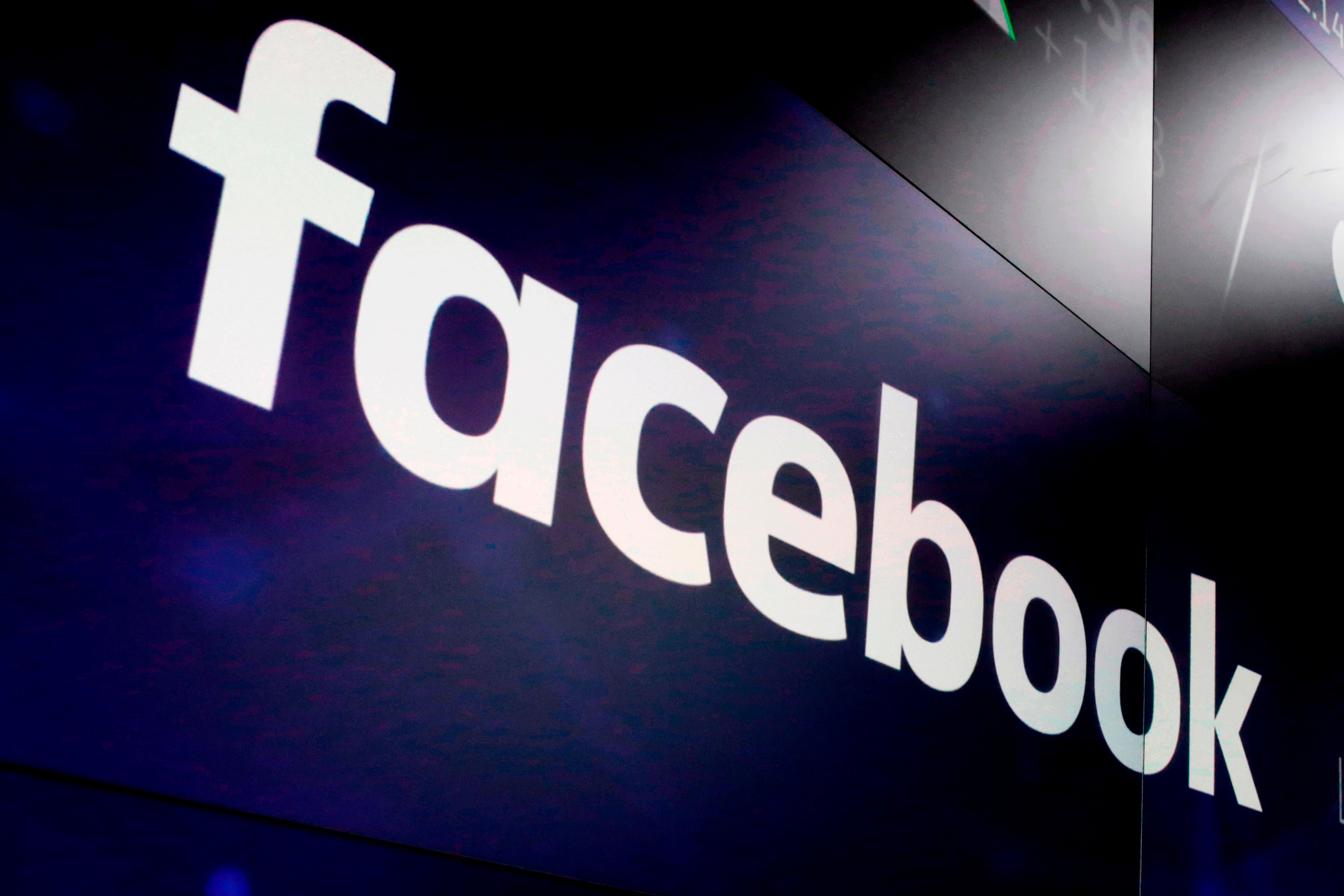Facebook bans anti-vaccination ads but not antivax posts
Facebook says it will ban ads on its platform that discourage vaccinations and will run an information campaign to encourage people to get their flu shots

Your support helps us to tell the story
From reproductive rights to climate change to Big Tech, The Independent is on the ground when the story is developing. Whether it's investigating the financials of Elon Musk's pro-Trump PAC or producing our latest documentary, 'The A Word', which shines a light on the American women fighting for reproductive rights, we know how important it is to parse out the facts from the messaging.
At such a critical moment in US history, we need reporters on the ground. Your donation allows us to keep sending journalists to speak to both sides of the story.
The Independent is trusted by Americans across the entire political spectrum. And unlike many other quality news outlets, we choose not to lock Americans out of our reporting and analysis with paywalls. We believe quality journalism should be available to everyone, paid for by those who can afford it.
Your support makes all the difference.Facebook says it will ban ads on its platform that discourage vaccinations — with an exception carved out for ads about government vaccine policies.
The company already bans ads about vaccine “hoaxes " such as the false idea that vaccinations cause autism The latest policy expands the ban to ads that discourage vaccines for any reason.
But Facebook also said Tuesday that ads that “advocate for or against legislation or government policies around vaccines” — including a COVID-19 vaccine — will still be allowed. These ads will still have to be approved by the company as political advertisements and include a “paid for by” label on who is funding them.
And unpaid posts by people or groups that discourage vaccinations will also still be allowed — the new policy only includes paid advertisements.
The social network said it will also run an information campaign encouraging people to get their flu shots this year.
Facebook has taken other steps to try to stop the spread of vaccine and coronavirus-related misinformation on its platform. Last year, it said it would begin hiding groups and pages that spread misinformation about vaccinations from the search function of its site.
Since the pandemic began, the company has tightened its rules around COVID-related misinformation. For instance, it promotes articles that debunk COVID-19 misinformation, of which there are thousands, on a new information center called “Get The Facts.” It also bans what it deems “dangerous" misinformation about the virus and has removed posts by President Donald Trump under this policy.
Some experts were skeptical about the move.
Facebook is addressing the anti-vaxxers of 2014 and 2015 and not the anti-vaxxers of 2020, said David A. Broniatowski, an associate professor at George Washington University’s school of engineering and applied science who has published several studies on vaccine misinformation.
Broniatowski published a study in 2019 that found that the majority of anti-vaccine misinformation being pushed in advertisements on Facebook were coming from two groups, including one led by Robert F. Kennedy Jr. and a California-based organization called Stop Mandatory Vaccination.
“Facebook by banning anti-vaccine ads is probably not banning more than half of the ads,” he said. “I understand where they are coming from that they want to promote civil engagement but at the same time, if their intention is to reduce the amount of anti-vaccine misinformation, they are not addressing the largest source of that misinformation.”
__
Associated Press Writer Beatrice Dupuy contributed to this story from New York.